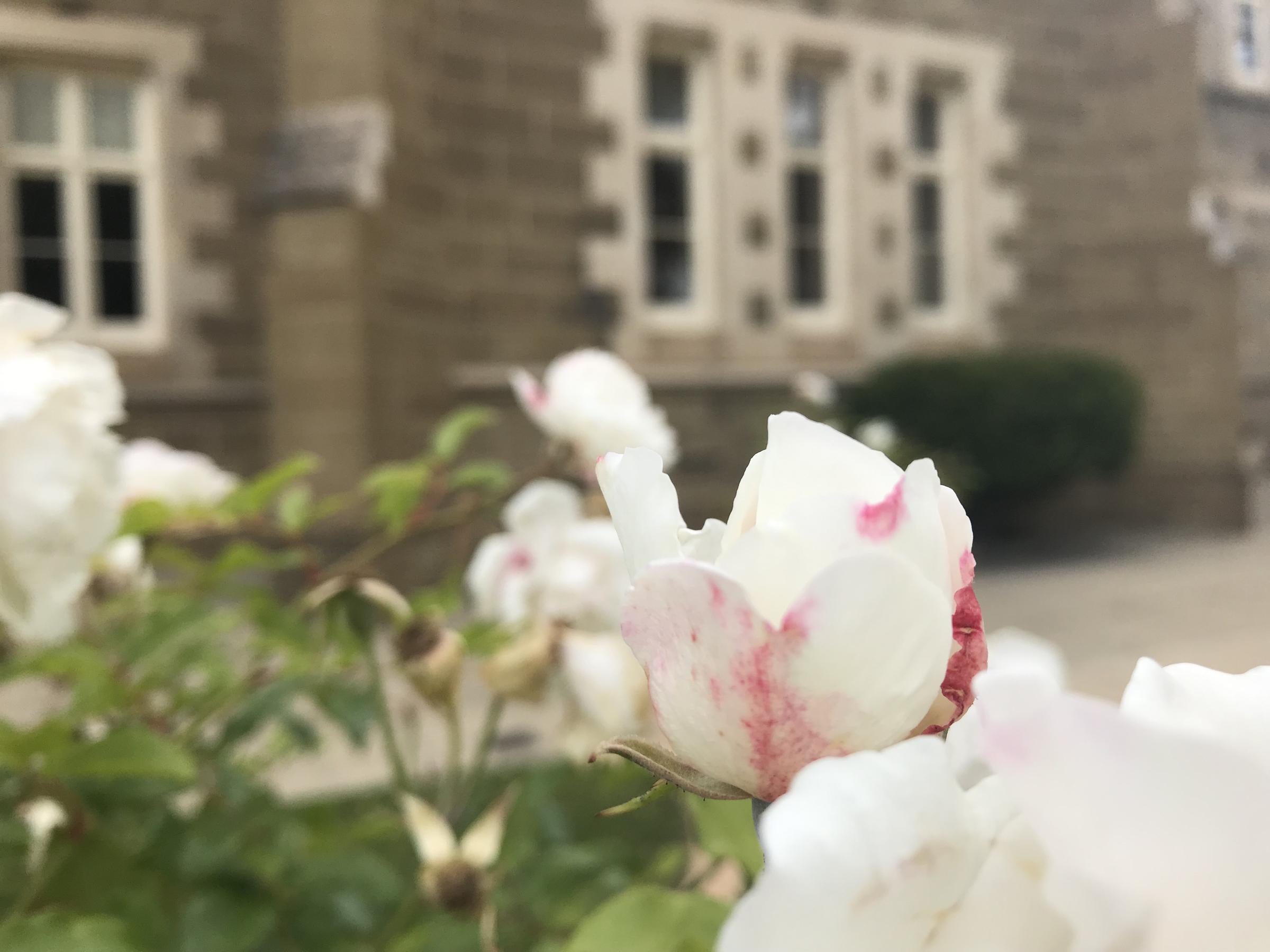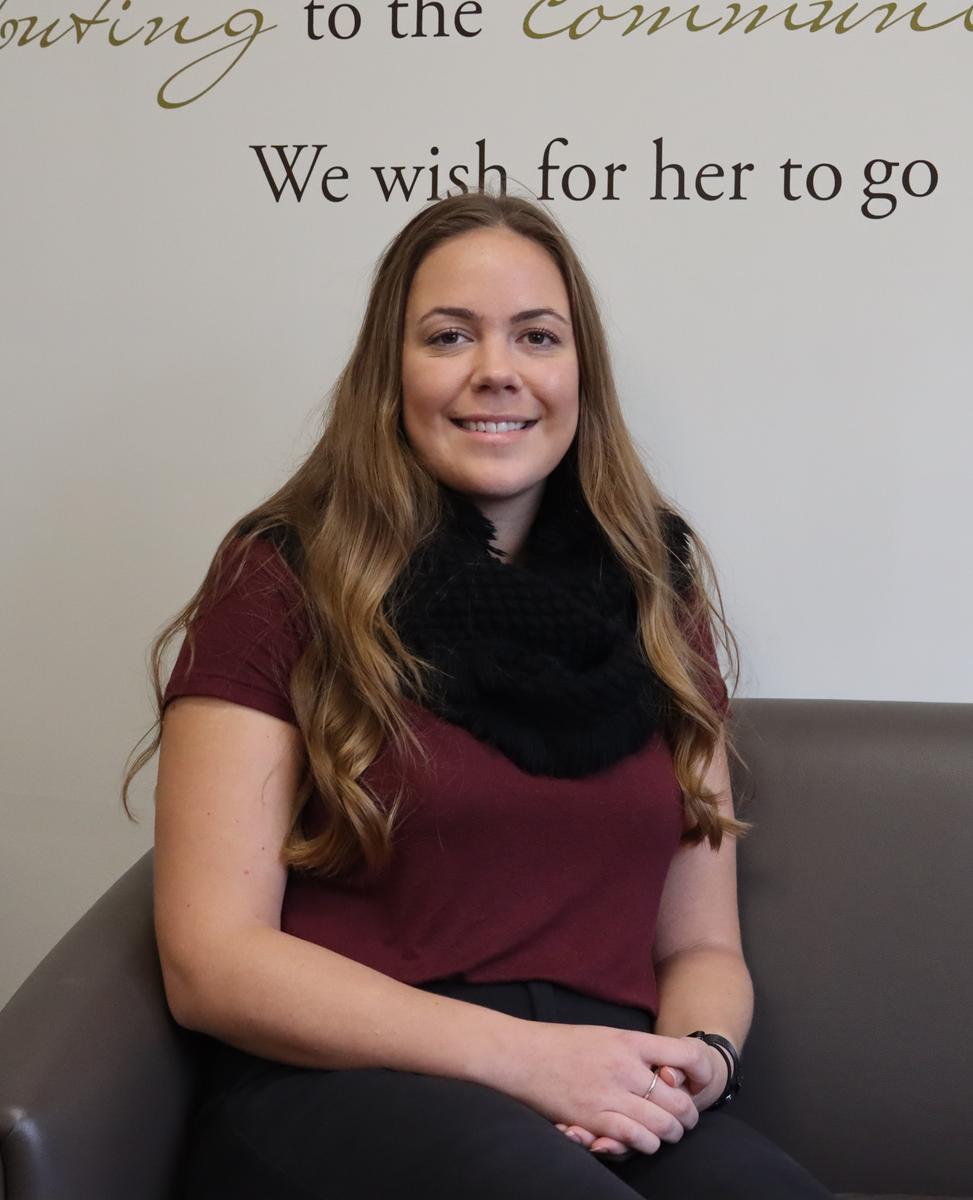From the Counsellors

Farewell - Jane Sutcliffe
It is with sadness and regret that we farewell Jane Sutcliffe, our Senior School Counsellor. Jane has made a big impact in the time she has been working with us and will be sadly missed by students, families and colleagues. I thank Jane for her professionalism, her finely tuned counselling skills, advocacy for students and collegiality. On behalf of St Mary’s College, I wish her well in her new role as psychologist at the Department of Veterans’ Affairs, Hobart.
Gai Bath
Kinder-Year 6 Counsellor
Parental self care
As parents and carers we often put our needs way down the list in our efforts to raise happy, healthy, strong, kind and resilient kids. If we want our children learning to care for themselves, then the model for them to go by, will be how you care for yourself; what you see as important in your life and acting on it. During the safety briefing when flying, airline attendants quickly remind us to put the oxygen mask on ourselves before putting one on our children. This is a good analogy for self care. We run the risk of parenting less effectively and less compassionately when we don’t care for ourselves. A recent US study of 2,000 mothers of 5 to 12-year-olds (www.mother.ly/work/surveys-tallies-the-hours-moms-work-per-weekand-its-probably-a-shock-to-anyone-but-us) found that mothers work on average 98 hours a week; that they start work around 6.23am and the work doesn’t stop until around 8.30pm (and that for many sounds like a good day)! When parents fill their own cups, they have more patience, energy and passion to spread into their families.
Joy Fixes for Weary Parents by Erin Leyba, published in 2017, suggests these 25 ideas to consider for ways to help avoid burnout and to help parents and carers strengthen relationships, be compassionate toward themselves and renew energy:
- Turn on uplifting music—maybe a song with a strong message you need to hear, some rock and roll song you loved in high school, African drumming, flute music, or a catchy pop single.
- Write and send a card to someone—a birthday card, a “thinking of you” card, a “get well" card, a "congratulations" card, or a “no-reason” card.
- Make yourself an enjoyable drink like chamomile tea, hot chocolate, or juice—and sip it slowly.
- Schedule at least one uninterrupted hour with a close friend—out for coffee or a drink, on the phone, out for dinner, or out for a walk.
- Color a picture from a coloring book with or beside your child. Take your time.
- Go on a social media kindness spree—use 20 minutes to post positive comments on people’s social media or through messenger.
- Make a cozy spot—make a blanket fort with your kids and climb in it with them (resting and hiding and giggling).
- On a single piece of paper, write down three things that are weighing on you, stressing you, or bothering you; put a dash after each one with a single action-step that may help relieve it.
- Plan a special one-on-one date with your child—e.g. hiking, painting pottery, or going to a minor-league baseball game.
- Call a friend or loved one. Say, 'I’m having a hard time with this. Do you mind if I talk this out with you?'
- Go for a walk (preferably in the bush or near water).
- Download a gratitude app and record what you’re thankful for (e.g. a short commute, a great babysitter, a cozy home).
- Engage in a small bit of service—e.g. make fudge for your grandma, call your local member about an issue of importance, get a partner’s car washed, or answer a few questions on freerice.com.
- Do a short meditation by closing your eyes, breathing deeply, focusing on your breath, and saying, “All sounds return to the breath, all thoughts return to the breath, all distractions return to the breath”.
- Do a single tiny household chore that’s been bothering you: empty one drawer, give away one bag of clothes, or clean one shelf of your fridge. Pat yourself on the back for completing it.
- Journal for 20 minutes. Write in a free-flowing stream-of-consciousness style. Notice feelings that are just under the surface.
- Sit on the couch and put your feet up and close your eyes—take a catnap or a daydream nap. Notice what shows up when you close your eyes.
- Let yourself be blue for a bit. Cuddle under a blanket, play sad bluesy music, eat chocolate ice cream, or cry.
- Get your nails done. Pick an off-the-wall color for your toes.
- Follow the 'rule of three': always be consciously aware of three things that you’re looking forward to.
- Write down one goal or intention you have for the week and post it on your fridge. Take everything else (like magnets, pictures, art projects, to-do lists, etc.) off your fridge.
- Think of one activity you could cut out of your schedule that you wouldn’t miss at all. Cut it out of your schedule.
- Choose something that you’re going to savour today—taking a shower, riding the train, walking, chopping wood, reading a celebrity magazine, etc. 'Savour' it instead of just “doing” it.
- Go somewhere local that you’ve never been before—a new forest reserve, a new park, a new beach, a different library, a conservatory, etc.
- Think of one way you compare yourself to others and feel bad about it—remind yourself that you rarely see the hard parts of people’s lives because they purposely hide them or keep them private.
Further reading took us to the idea of taking a break from devices. Scrolling through social media, surfing the net and binge watching TV series or movies might seem a good way to relax. On the contrary, these activities can cause more stress than you realise. Try a digital detox by ‘unplugging’ from your device for an hour or two every evening, set aside a weekend a month to step away from your smartphone and keep the phone out of the bedroom. These expectations are similar to what we might ask our teens to do too. (www.verywellfamily.com/)
The basic components of self care are focused on a healthy diet, eight hours sleep a night, regular exercise, and building in time for yourself. If you are experiencing a lot of stress and anxiety or you think you may be depressed, see your GP for a referral to a mental health professional once your physical health has been checked. We’ve used te following message a number of times in previous articles - try to be the adult you would like your child to become!
Some helpful sites:
https://greatist.com/happiness/ways-to-practice-self-care
https://raisingchildren.net.au/grown-ups/looking-after-yourself
Please don’t hesitate to contact us if you think we can help your child or you with your child.
Gai Bath (Kinder–Year 6) and
Jane Sutcliffe (Year 7–12)
SMC Counsellors

